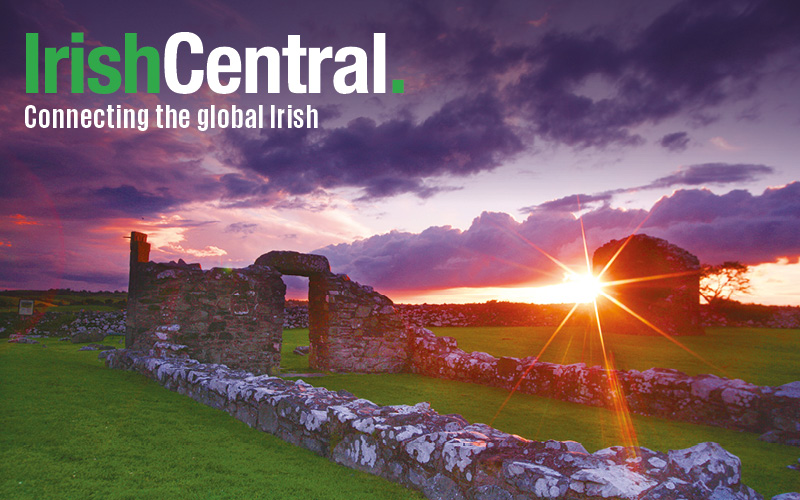Diasporas can be a source of trouble or a chance for hope says an article published Friday by The Guardian top columnist Jonathan Freedland.
Looking specifically at how Jewish diaspora communities could play an important role in the Israel-Palestine conflict, Freedland suggests examining the role Irish Americans had in helping to settle the conflict in Northern Ireland.
Freedland writes, the role of the Irish-American diaspora in the Northern Ireland peace process, made a huge difference.
“Long before the first IRA ceasefire of 1994, several Irish-American luminaries made the case to Belfast’s republican leadership that diplomacy and politics was the path to pursue – and that they would support them in that effort. Quietly and behind the scenes, they won over Bill Clinton to that cause before he had even reached the White House. In other words, Irish America acted as a responsible diaspora.”
Diasporas, including the Irish, were not always helpful Freedland says: “Whether it was the German-Americans who agitated to keep the United States out of the war against Hitler, the Irish-Americans who bankrolled the IRA’s “armed struggle”, or the Cuban-Americans who lobbied to keep the US shackled to a pointless embargo of the island, émigré communities have a chequered record when it comes to the influencing of foreign policy.”
In this “age of great migration,” more societies are becoming like the United States, with a number of diaspora communities. But diasporas not only change the societies that took them in, they can also impact the countries they left behind.
“There’s a tendency to be more hawkish than those in the old country, to adopt a dogmatic stance unaltered by day-to-day experience on the ground. In the early 90s I remember hearing a more hardline strain of Irish republicanism on the streets of Brooklyn than I’d picked up in Belfast. It was often said that it was Irish America, with its pubs passing round the Noraid bucket to raise money for the boys back home, that helped prolong the conflict.”
The Guardian reports that London’s City University has published a new and comprehensive survey of British Jewish attitudes to Israel. While 93 percent said that Israel forms some part of their identity as Jews, three-quarters of this surveyed “regard expansion of Israeli settlements in the West Bank as a ‘major obstacle to peace’, with 68% admitting to feeling ‘a sense of despair’ every time there’s a further expansion.”
About half of the people who participated in the study said they believe the Israeli government is “constantly creating obstacles to avoid engaging in peace negotiations.”
Freedland writes, “They are capable of supporting Israel’s right to exist, taking pride in its achievements on the one hand – and lambasting Israeli policy on the other.
“They favour compromise, rejecting the suggestion that concessions should wait until the wider region calms down. They are unimpressed by the Palestinian leadership, blaming it for incitement against Israel, and accepting the view that there is ‘no credible Palestinian partner,’ even as majorities still believe in the two-state solution still maintain that Israel should give up land for peace, and do not shrink from the fact that Israel is ‘an occupying power.’”
He compares the situation to that of the Irish diaspora: "In Northern Ireland a key part of the diaspora eventually proved it could be responsible and constructive, rather than wreckers. This week’s City University survey was commissioned by Yachad, a British Jewish group that defines itself as ‘pro-Israel, pro-peace.’ In the US, J Street promotes a similar message: supportive of Israel, hostile to the occupation.”
He adds: “Such groups may not shout as loud as others who claim to speak for their community. We know already how diasporas can be part of the problem. But history – and hope – suggests they can be part of the solution too.”




Comments